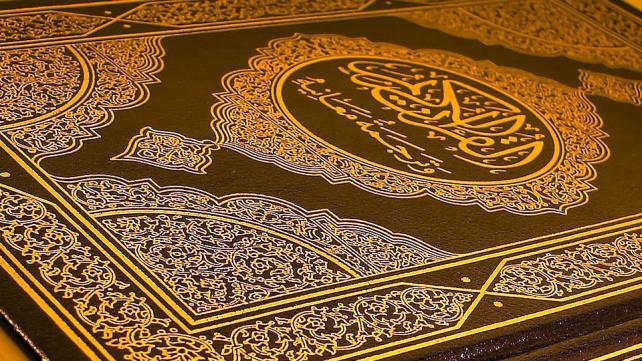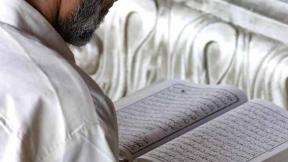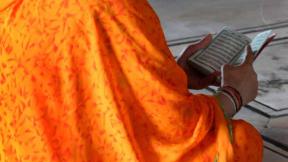
Suggesting a syllabus of Quran passages for study, individually or in study circles, presents formidable difficulties. Firstly, what to include? An adequate or satisfactory selection is almost impossible, short of the whole Quran. Every part of it has something additional or new to say. Even the seemingly repetitive and similar passages have their own insights to offer. A limited number of passages can include only a limited number of themes. Every syllabus will therefore suffer from the serious defect of omitting many more, equally or even more important, themes. Further, any selective approach must be arbitrary, and will reflect only the preferences of the selector, not necessarily of the Quran. These limitations are very important to bear in mind while using the syllabuses suggested here: remain conscious that whatever is omitted is equally valuable and that you are being guided by a fallible human being.
Secondly, where to begin, where to end, and in what order to proceed? The only satisfactory order can be the Quranic order itself, as revealed by Allah. But a syllabus cannot avoid changing that order, so can the order be changed and if so on what criteria? Again, that must be arbitrary. Any order can only be one alternative among many equally useful ones. You may proceed by first establishing the status of the Quran as Divine, and then introducing the evidence in the universe, self and history; faith in Allah, Akhirah, and Risalah; individual and collective morality; the goal and purpose of Muslim life; the call to Iman and Jihad, and fulfilling commitment and pledge to Allah. Or, one may start from the basic faith. What I have preferred here something which may be changed from situation to situation is to start by reminding the readers of the blessings of Islam, their goal in life, and their pledge to Allah. This is based on my understanding of how Allah addresses 'Muslims-gone-astray' in al-Baqarah 2: 40-7.
Every circle must begin with a discussion of how to read and understand the Quran. For this purpose the present book should be helpful.
A special word about Surah al-Fatihah. It occupies a unique place in the Quran, containing within it the whole world of its essential meanings. You read it many times every day. This should therefore form part of every syllabus. But a novice will need help a good teacher or tafsir book - to derive the necessary benefit from its study. Wherever such help is available, it must be included in the syllabus, even at the cost of dropping one of the suggested passages.
Also of importance are the short Surahs at the end of the Quran which you read in your daily Prayers. Again, you will need help for a proper understanding. They should be studied whenever proper resources are available.
Two syllabuses are given here. The shorter syllabus of 12 selections should be useful as a one-year course for study circles, or, for more intensive short duration, say a 12-week or 14-day educational training course, provided enough time is available for study and preparation, or a teacher is present. It may also be used to devise still shorter, say 5-7 day syllabuses.
With each selection I have given some - and remember only some, not all - major points which you may reflect upon. Some Quranic references are also given so that you may reflect upon them in their light. These references, too, are by no means exhaustive, and their relevance is based on my own understanding. As you proceed less references are given, for it is hoped that you will become more initiated and familiar by then.
The longer syllabus of 40 selections is intended as a one-year course for weekly study circles.
Taken from Khurram Murad, Way to the Quran, Islamic Foundation UK.
"Kur'an" by Tomislav Kraljević - Bully - Sony DSC-H2 Photoshop Photomatix. Licensed under Creative Commons Attribution-Share Alike 3.0 via Wikimedia Commons - http://commons.wikimedia.org/wiki/File:Kur%27an.jpg#mediaviewer/File:Kur%27an.jpg








Comments
Material
Where can I find the syllabus? It doesn't seem to be linked anywhere. Thank you.
Location
Add new comment